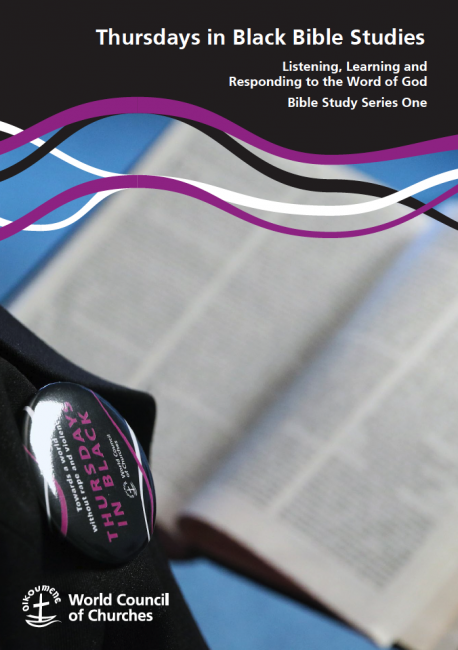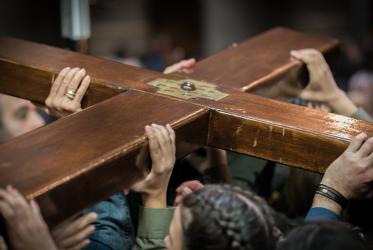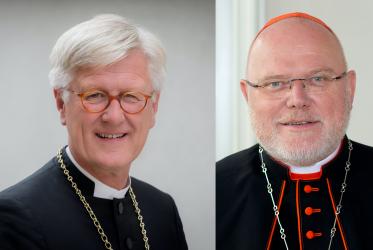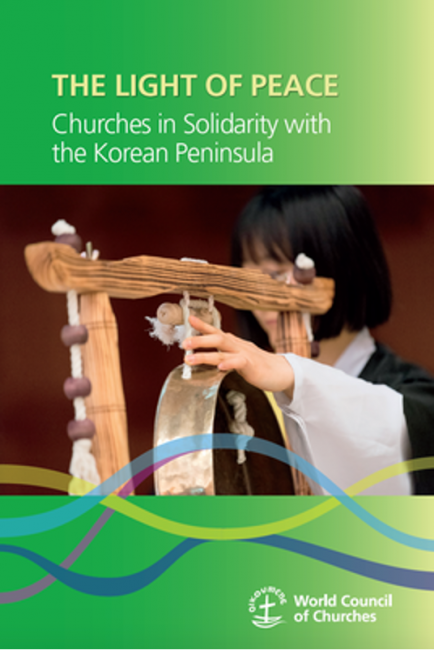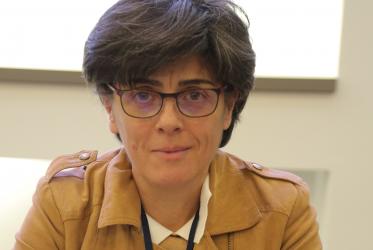Displaying 41 - 60 of 113
Thursdays in Black Bible Studies Series 1
Listening, Learning and Responding to the Word of God
21 October 2021
Love and Witness
Proclaiming the Peace of the Lord Jesus Christ in a Religiously Plural World
18 January 2021
Driven by God’s grace and a sense of duty
05 November 2020
Healing Together
A Facilitator’s Resource for Ecumenical Faith and Community-Based Counselling
15 October 2020
Hope prevails in times of crisis in Lebanon
14 September 2020

